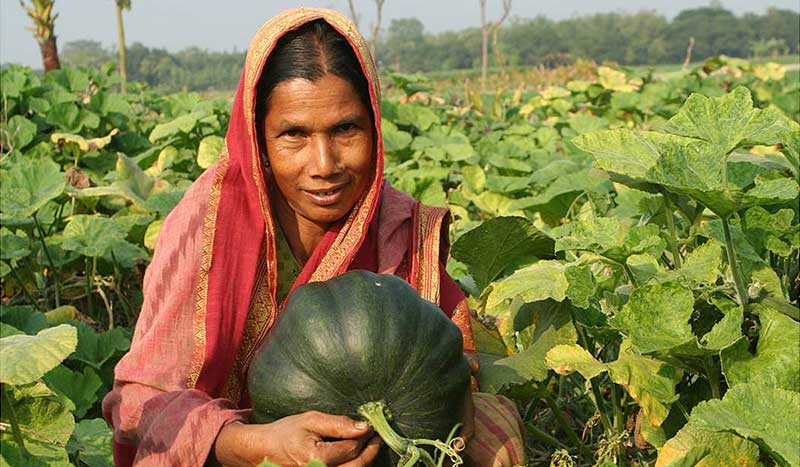
ASM Shahidul Haque![]()
A development worker
Email: shahidulhaque72@gmail.com
This is part eight of a series of blog “A General Outline of Evolution of NGO and Development Work in Bangladesh“. Read previous parts here.
To give readers a welcome break, I shall not write anything negative about NGO and Development work of Bangladesh in this blog. I shall try to focus only about key positive impact on socioeconomic situation (trying to be nice guy!!). This blog should be exactly opposite to my blog (part IV) where I had written about ‘adverse effects’ of development work in Bangladeshi context.
NGO and development activities by many local and international organizations have contributed in reducing poverty (which was around 60% in 1990s and around 24.3% in 2016) and extreme poverty (34.3% in 2000 and 12.9% in 2016) in this country. Definitely there were government initiatives but there were location specific, mostly planned effort by UN organizations, donor agencies; translated in development projects, generous fund supply to local NGOs/INGOs for addressing specific local issues that helped reduce poverty. NGOs were successful in capacity building, awareness creation, promotion of effective cropping patterns to eradicate food shortage in certain part of the year in certain locations (e.g. Monga eradication around Jamuna-Brahmaputra belt). NGOs promoted HYV varieties, short duration varieties, saline tolerant varieties, drought tolerant varieties, improved agricultural technologies, improved service delivery, initiated better market linkages. Such efforts helped farmers in general increase production and productivity that resulted in more income. Labor rate increased gradually and business for agricultural products and services expanded. Secondary and tertiary sectors benefited from this boom, all benefited in many ways, there was ‘trickle down’ effect to marginalized section. Combined effort can be seen in reduction of extreme poverty.
The second key contribution by NGO and development organization is empowering women in society. NGOs created employment opportunities for women. Many rural educated (low and poorly) girls could develop career in NGOs, otherwise it would have been very difficult for them to be absorbed in either government sector or corporate sector. The number of working women increased to 18.6 million in 2016-17 from 16.2 million in 2010. Women participation in job market, particularly at NGOs, opened the door for social acceptance for women voice and enhanced participation in decision making. Different activities by NGOs, many social awareness development processes, helped empowerment of women. Women were also empowered by greater access to birth control, decreasing child marriage, improving WATSAN and diminishing wage gap. Thus Bangladesh secured the 47th position among 144 countries in 2017 as per ‘The Global Gender Gap Report’. In 2013, 33.5% women worked against 81.7 % men in productive sectors of Bangladesh. Not to mention, in export oriented textile industry, where75% export earning comes to Bangladesh, more than 90% are female worker.
Government extension agencies were greatly supported, complimented by extension workers created by different local and international NGOs and development organizations. DAE was very successful in increasing food production of the country (tripled in 46 years). NGOs can claim a bit of their success. Similarly, DoF/DLS was greatly supported by skilled staffs created by NGOs. Not only that these line extension agencies could benefit immensely by receiving trainings, scholarships, foreign tours, additional wage, input support, transportation, equipment and what not!!
Private companies also benefited due to NGO work. NGOs could lead those to remote places, reducing risk of their loss, supplementing their weak supply chain. NGOs often linked producer groups to company networks, thus promoted their products (seed, medicine, pesticide etc.) and services (e.g. mechanization). NGO’s contribution in creating ‘access to finance’ for rural poor is highly mentionable (the only noble prize came through ‘microcredit’). NGOs more often either took the risk of loss or covered initial investment for launching many new products and technologies on behalf of companies for the sake of transforming rural market and rural economy.
The contribution of NGO work in transforming rural economy is many fold, but the key contribution can be summarized as i) Reducing poverty ii) Empowering women iii) Strengthening extension services and iv) Helping private companies in promoting new product and services.
Readers’ views and opinions will be much appreciated.



